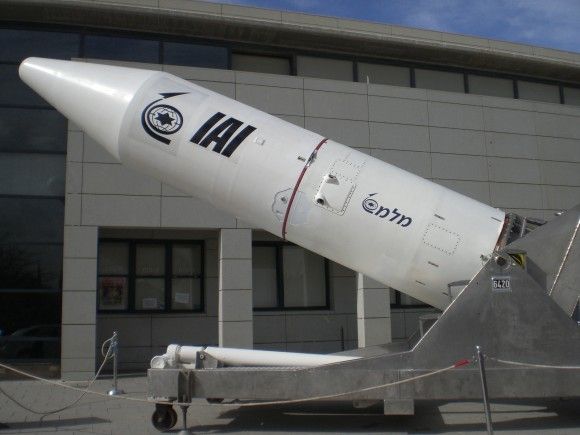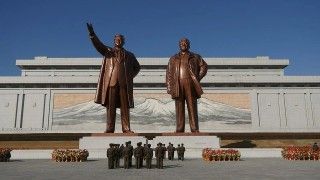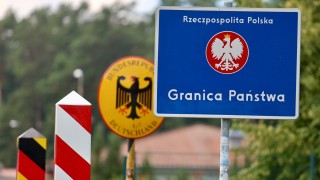- WIADOMOŚCI
Stettin-Based Multinational Corps North-East Increases Its Readiness. New Structure To Be Tested Soon.
The command of the Multinational Corps North-East announced that progress is being made, within the scope of implementation of the new infrastructure for the unit, making it possible to execute the tasks defined to be carried out by the Corps during the NATO Summit in Wales. Throughout the upcoming months, a series of exercises is going to take place, checking the operational capabilities of the Corps, within the framework of the reinforced collective defence system in the Central-Eastern Europe.
Up until now, the number of soldiers who are actively working in Stettin (Szczecin) has been increased, from 200 up to “ca. 400”. Within the newly established structure 85% of the personnel has been already assigned. The new appearance of the Corps is created in line with the arrangements made during the NATO Summit in Newport. The element involves mainly the specialists hailing from the Army, however representatives of the Navy, Air Force and Special Operations component are also engaged in the operational activities of the corps, even though the scope of that engagement is limited. The structure of the Corps involves soldiers coming from 21 states, including troops some from Greece and Norway. Iceland is involved in the talks as well.
During the Wales summit, a decision was made to increase the level of combat readiness of the Corps, as it is going to be treated as a high-readiness element. The unit also plays a significant role in the NATO collective defence system in Central-Eastern Europe. Until the moment when the NATO summit in Warsaw takes place, the Corps is going to achieve readiness for execution of the following tasks:
-
Commanding the Very high readiness Joint Task Force (so called “Spearhead”) and the NATO Response Force, and elements of those units, should they be stationed in the North-Eastern flank of the alliance.
-
Controlling the NATO Force Integration Units, already established in Poland and in the Baltics, which are to be established in Slovakia and Hungary.
-
Monitoring the security situation in the region
-
Acting as a regional centre for collaboration and coordination of the regional military operations, related to the NATO military presence in North-Eastern Europe.
During his visit to Stettin last year, NATO Commander in Europe, General Phillip Breedlove, announced that even though the Corps shall be capable of executing a wide spectrum of tasks, the element is going to be focused on the area of collective defence. Reconnaissance operations and early warning initiatives are going to be particularly important during the every-day tasks executed by the Corps, in order to raise the situational awareness of the NATO command, with a reference to the situation in the Central-Eastern Europe. Should a conflict break out, the Corps would take on a role of commanding the forces involved in the defensive operation, such as the VJTF unit, among other elements.
The increased readiness of the Multinational Corps North East is also related to the plans pertaining a series of exercises which would verify the element’s capabilities within the new scope of its responsibility, prior to the NATO Summit in Warsaw. Trident Joust Command Staff exercise is planned to take place in April, assuming that verification of the capabilities to deploy Response Force and VJTF elements in the Central-Eastern Europe is going to take place. Last year, the press releases issued by the joint NATO training centre assured that this is going to be the first NATO exercise in history which would see the Multinational Corps North-East take responsibility for the tasks at this level (Corps Command).
Next, a multi-staged Brilliant Jump exercise is planned, the aim of which is to assess the Corps within the context of the tasks defined during the Wales summit. The training is also related to verification and enhancing the capabilities possessed by the Very high readiness Joint Task Force, as it is going to include deployment of the “Spearhead” elements to the Central Eastern European region.
The information, referring to the status of reinforcement of the structures of the Multinational Corps, was released along with the information pertaining the changes regarding the command position in the unit. Deputy Commander position has been taken over by Col. Krzysztof Król, while the Danish Brigade General Per Oluff Dunsen became the Chief of Staff. At the moment, the unit is being commanded by the German General Lieutenant Manfred Hofmann, who took over the position after Division General Bogusław Samol, back in 2015. The top officers at the Corps are taking the above listed positions in a rotational manner, and they are coming from the framework nations - Poland, Germany and Denmark.
















